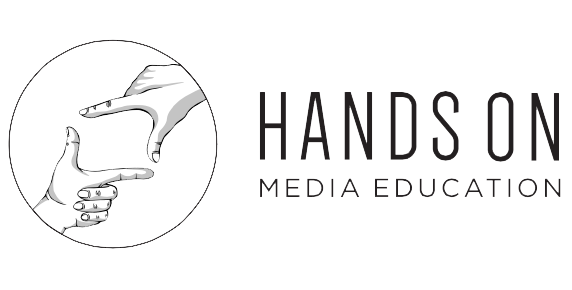Free lesson plan alert! "Intro to online community engagement' for grades 9 to 12 now
Our very own Jessie Curell has created a set of very useful and very relevant lesson plans for our friends at Media Smarts, and you can make use of them in your grade 9-12 classrooms. Jessie’s plans comprise a three-part series on Community Engagement, which broadly encompasses civic and political engagement in current events at all levels—whether neighbourhood, municipal, or federal.
You can download the lesson plans here, but here’s a brief overview of what you’ll find in the first part of this series (“Introduction to Online Community Engagement”) and how it can help you make your students feel active in and engaged with community and political issues.
Learning Outcomes: Students Will…
* In a group, learn how to research a current issue in their neighbourhood, community or country.
* As a group, brainstorm possible solutions to an issue and choose the best approach.
* Learn how to effectively use the Internet as a research tool to determine the history of an issue, key players, and to assess the reliability of sources.
* Present to a larger group a summary of the topic, issue and solution.
Key Strategies
* Consulting with students about their perceptions of and feelings about what it means to be politically engaged is a key starting point; rather than simply focusing on electoral politics, students will begin with a broader definition of what it means to be politically active, including the role of discourse and petitioning, among other acts.
* Connect categories of political engagement to students’ personal experiences; how and why do students share opinions about political issues online? What do they find good or bad about political engagement online, in particular? What have been some of their personal experiences in sharing opinions, issues, and information online (positive, negative, and in between)?
* Create a back-and-forth feedback in the class: rather than students simply compiling and presenting issues they care about, ask other students to respond to and engage critically with all issues put forth, making certain that feedback is respectful and constructive.
Core Issue: Information Authentication
* Make sure students understand the importance of information authentication (and the proliferation of incorrect information) online, no matter which personal issue they are examining or which stance they are taking; assessing unreliable information online is a key skill in nascent political engagement.
* Using Wikipedia as a prime example, discuss open-source editing, collaborative information synthesis, and historical revisionism with your students. What does it mean to approach a source skeptically? What are the advantages/disadvantages of user-generated content? How can we ensure accountability when a mass text like Wikipedia goes through interminable rounds of revisions and edits?
* Discuss search engines, key words, Boolean searches, auto-complete functions, case sensitivity, spelling accuracy, and other online search factors with students. Highlight the importance of multiple searches with different parameters, angles, and keywords in order for students to get the most diverse cross-section of information available on their chosen topic.
Assessment:
* Some aspects of student assessment should focus on technical and technological know-how: how well do students use computer programs such as word processors, web browsers, social media platforms, email programs, and other communications tools? How adept are they at using more sophisticated platforms and tools, like online databases, forums, and storage clouds?
* Do students show an understanding of how networked technology affects our behaviours and our perceptions? How do they collect, categorize, manage, criticize, evaluate, and deploy information to solve problems?
* How active and engaged are students when they are on the information-creation side, rather than the information-intake side? Are students producing original content and information from the variety of sources they’ve found and used online? You can download the full Introduction to Online Community Engagement lesson plan here, but hopefully the above points will highlight the most important aspects of the plan so you can streamline your lessons to benefit your students to the fullest extent.
Remember: an active and engaged community is a strong community! Digital tools are our most diverse, efficient, and ubiquitous sources of (and creators of) information about issues that affect our communities at the local and the global level. Students who want to engage in their communities and societies are best equipped with digital literacy as their weapon.

